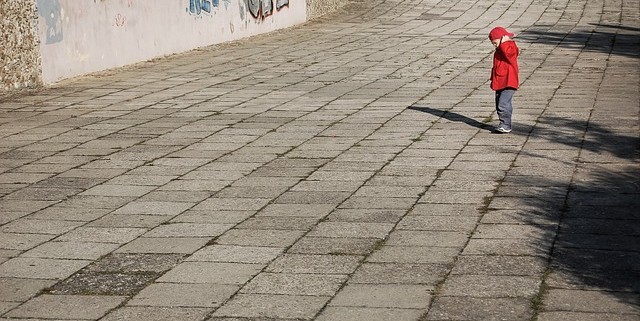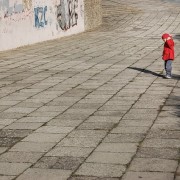THE BULLIES WHO WILL NEED PROTECTING
The bullies who will need protecting: An interpretation of New Jersey’s “Anti-Bullying Bill of Rights”
In New Jersey, individual reactions to the Anti-Bullying Bill of Rights differ greatly based on personal life experience. If you are an employee of a school district, you may be cursing the day Governor Chris Christie was elected and every education-related statute or directive he ever passed. If you are the parent of a child who has been persistently picked-on, you may be experiencing relief and support the law. If you are the parent of a popular student, you may have mixed feelings, secretly wondering whether it will be your child who is accused of bullying.
Regardless of how you feel about the law, a serious question looms, and it is not how school districts will pay for the mandated changes. Rather, it is how this law will affect the lives of students. If and when the law is actualized, what policies will schools adopt to deter and punish offenders of “harassment, intimidation, and bullying”? Will schools immediately enlist the help of law enforcement who will press criminal charges or will the school take civil action against the offending student?
With the advent of the “War on Drugs” campaign and an increased awareness for domestic violence, our nation has seen an increase in the number of non-traffic violation arrests among young adults 23 years of age and younger, largely attributed to drug-related and domestic violence-related offenses. In the State of New Jersey, a criminal record of any sort can affect a person’s ability to obtain employment, licensing, housing, and education. The “Anti-Bullying Bill of Rights” does not establish an explicit course of action for dealing with offending youths. This is left to each school district’s discretion. However, it may be assumable that school districts will call on the aid of law enforcement to handle any troublesome student.
Beyond the anti-bullying training mandated for teachers, school administrators, school officials and members of the board of education, the school district must hire an anti-bullying specialist. In addition, the Police Training Commission of the Division of Criminal Justice in the Department of Law and Public Safety must develop a training program for a “safe school resource officer,” who will work in conjunction with public school employees who are appointed by the Board of Education. These school employees will serve as liaisons with law enforcement, in effect, increasing the ease of criminally charging offending students.
Since the statute does not define the appropriate range of remedial actions for offending students, some school districts and law enforcement may take a particularly harsh approach to disciplining offending pupils, resulting in punitive and damaging effects on a child’s life. Some of the possible criminal charges that may ensue are the following:
- Harassment, 2C:33-4: Based on word choice, officials can easily default to charging students with harassment. Harassment may include any one of the following actions: communication, striking, shoving, other offensive touching, or alarming conduct either once or repeatedly;
- Bias Intimidation, 2C:16-1: Includes committing, the threat to commit, or the conspiracy to commit an intimidation based on an individual’s race, color, religion, gender, disability, sexual orientation, gender identity or expression, national origin, or ethnicity. The Anti-Bullying Bill of Rights specifically condones and prohibits “harassment, intimidation, and bullying” on these grounds;
- Assault,2C:12-1;
- Criminal Mischief, 2C:17-3: Defined as “purposely, knowingly or recklessly” tampering or damaging the tangible property of another so as to endanger the person or the property; or
- Terroristic threats, 2C:12-3: Any student who threatens to commit a crime of violence against another for the purpose of terrorizing him or her may be charged with inciting terroristic threats.
In conclusion, the broad definition of “bullying” in the Anti-Bullying Bill of Rights may result in damaging consequences for offending students, consequences that will affect their prospects for higher education and employment. Is it right to place this burden of responsibility and accountability on young adults, or should the law be amended to close this open-ended question? As the interpretation of the law develops, experienced criminal defense attorneys will be prepared to answer your questions, defend, and advocate in the best interests of children accused of “harassment, intimidation, and bullying.”









Leave a Reply
Want to join the discussion?Feel free to contribute!